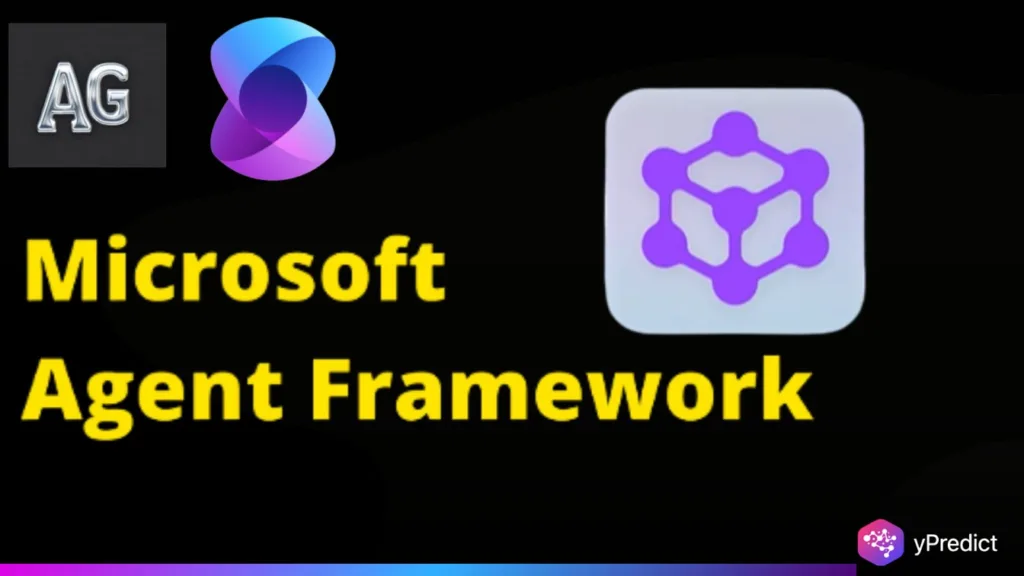
Microsoft Unveils Open-Source Agent Framework for AI Development
Microsoft has released the Microsoft Agent Framework. It is an open-source SDK and runtime aimed at making the creation and deployment of AI agents and multi-agent workflows easier. Bringing together the power of Semantic Kernel and AutoGen, this framework provides a seamless experience for Python and .NET developers. It is now in public preview. With documentation and migration guides for Semantic Kernel and AutoGen users.
Vision of Microsoft: Combining Stability with Innovation
The Agent Framework solves a shared problem across developers. To keep the stability of the Semantic Kernel and the fast-paced innovation of AutoGen. Semantic Kernel has the advantage of being stable and enterprise-friendly. But it can feel restrictive, and AutoGen has powerful, exploratory, multi-agent features. Though no strong observability features. Microsoft’s Agent Framework organises the best of both worlds into one flexible, stable, and production-friendly platform for building AI agents.
Open Standards and Interoperability
Based on standard protocols, the Agent Framework makes the agents vendor-agnostic and portable across vendors. It also works with the Model Context Protocol (MCP) for tool discovery, Agent-to-Agent (A2A) communication for cross-agent collaboration. As well as OpenAPI for connecting to any API with an OpenAPI specification. These properties allow the development of interoperable agents. Hence can run and operate on different platforms and environments.
Enterprise-Grade Features for Production Environments
Designed with enterprise needs in mind, the Agent Framework includes several key features:
- Observability: Integrated with OpenTelemetry, it provides full observability into agent operations.
- Durability: Supports long-running processes with pause and resume capabilities.
- Human-in-the-Loop Approvals: Allows for manual intervention in critical operations.
- Security: Integrates with Azure AI Content Safety and Entra ID for secure identity management.
- CI/CD Integration: Compatible with continuous integration and deployment pipelines, facilitating automated testing and deployment.
Real-World Applications and Adoption
Early adopters have begun implementing the Agent Framework in various industries:
- KPMG: Automating audit testing with multi-agent systems.
- BMW: Analysing terabytes of vehicle telemetry data in real-time.
- Commerzbank: Providing avatar-driven customer support with compliance features
These implementations demonstrate the framework’s versatility and effectiveness in addressing complex, real-world challenges.
The Future of AI Agents
Microsoft’s Agent Framework is a major step forward in AI agent development. With a unified open-source platform that extends the convenience and power of Semantic Kernel with the state-of-the-art capabilities of AutoGen. It builds on openly shared standards and is geared to deliver enterprise-strength features that are practical. Therefore, it equates to developers being equipped to develop, deploy and manage AI agents to the best of their ability. As the framework matures, it is set to be a mainstay of building intelligent, autonomous systems.






